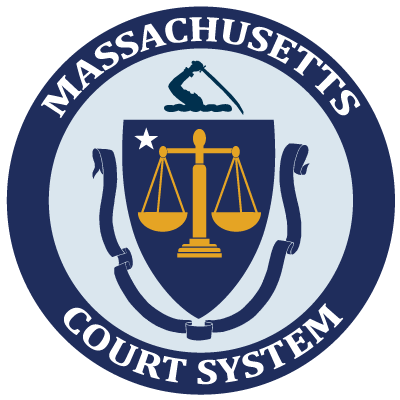- Massachusetts Supreme Judicial Court
- Massachusetts Court System
Media Contact
Jennifer Donahue and Erika Gully-Santiago
BOSTON, MA — Supreme Judicial Court Chief Justice Ralph D. Gants today joined hundreds of attorneys, law students and others in calling for increased state funding for civil legal aid to vulnerable low income Massachusetts residents in need at the annual Walk to the Hill at the Massachusetts State House.
"The good news is that the legislature in the past few years has been great to the Massachusetts Legal Assistance Corporation; between fiscal years 2018 and 2020 the legislature has substantially increased the amount appropriated to MLAC," Chief Justice Gants said. "We are blessed with a legislature that knows the importance of civil legal aid to this Commonwealth and has acted on that knowledge. Our legislators 'get it'...But that good news is also the bad news, because it means that legal services still turn away more than half of the eligible persons who come to them seeking legal assistance."
Organized by the Equal Justice Coalition, the event called for increased funding for the Massachusetts Legal Assistance Corporation (MLAC), the largest funding source for civil legal aid organizations in the state, by $5 million in the Fiscal Year 2021 state budget, for a total appropriation of $29 million.
According to MLAC, legal aid organizations in Massachusetts turned away 57% of eligible residents seeking help in Fiscal Year 2019. Residents whose income is at or below 125% of the federal poverty level ($32,750/year for a family of four) are eligible for civil legal aid.
Last year, civil legal aid organizations helped 88,000 people. Chief Justice Gants said that civil legal aid organizations were able to expand their ability to provide individual representation to public school students who face expulsion or suspension, or who were denied the individualized education placement they need to succeed in school; provide greater assistance to released prisoners whose criminal records are hindering their efforts to obtain housing, employment, and the licenses they need to work; and support mothers and their children who have been released from ICE detention and are seeking asylum in the United States.
Chief Justice Gants noted that while civil legal aid organizations were able to help more people last year due to an increase in funding provided by the legislature, the need for civil legal aid for homeowners and tenants, veterans, seniors, and documented and undocumented immigrants remains high.
"Last fiscal year, nearly one-third of all legal aid cases were housing cases -- homeowners fighting foreclosure and tenants fighting eviction," Chief Justice Gants said. "Veterans are still serving in foreign wars and leaving military service with a variety of legal issues that are made more difficult by the PTSD and traumatic brain injuries they suffered in protecting our nation. The elderly population continues to grow, as does the number of their legal issues involving elder abuse, MassHealth coverage for nursing home care, protection for those with dementia and Alzheimer's, bankruptcy for those whose lives lasted longer than their savings, and eviction for those with mental health issues manifested by compulsive hoarding."
"Then there is the non-citizen immigrant population, documented and undocumented, which comprises roughly eight percent of Massachusetts residents -- about 550,000 persons," Chief Justice Gants said. "With the United States Supreme Court earlier this week lifting the preliminary injunction that stayed implementation of the Trump administration's public charge rule, the federal government might deny green cards to some immigrants who receive public benefits such as Medicaid, food stamps, and housing vouchers."
In addition to Chief Justice Gants, speakers included: Massachusetts Bar Association President John Morrissey; Boston Bar Association President Christine Netski; Louis Tompros, Chair of the Equal Justice Coalition; and Lynne M. Parker, Executive Director of Massachusetts Legal Assistance Corporation. A legal aid client who is a domestic violence survivor shared her story of how South Coastal Counties Legal Services helped her file a restraining order and represented her in divorce proceedings.
Following the speaking portion of the event, those in attendance visited their elected state legislators to encourage them to increase funding in the Fiscal Year 2021 state budget for the Massachusetts Legal Assistance Corporation. The Equal Justice Coalition is a collaboration of the Boston Bar Association, Massachusetts Bar Association, and the Massachusetts Legal Assistance Corporation. The Massachusetts Legal Assistance Corporation was established by the state legislature in 1983 to ensure that low income residents with critical, non-criminal legal matters would have access to legal information, advice and representation. Civil legal aid organizations provide support to individuals in cases related to housing, employment, family law, domestic violence, health care, education, immigration, and protection of seniors, among other civil matters.
Supreme Judicial Court Chief Justice Ralph D. Gants Remarks - Walk to the Hill, January 30, 2020
###
